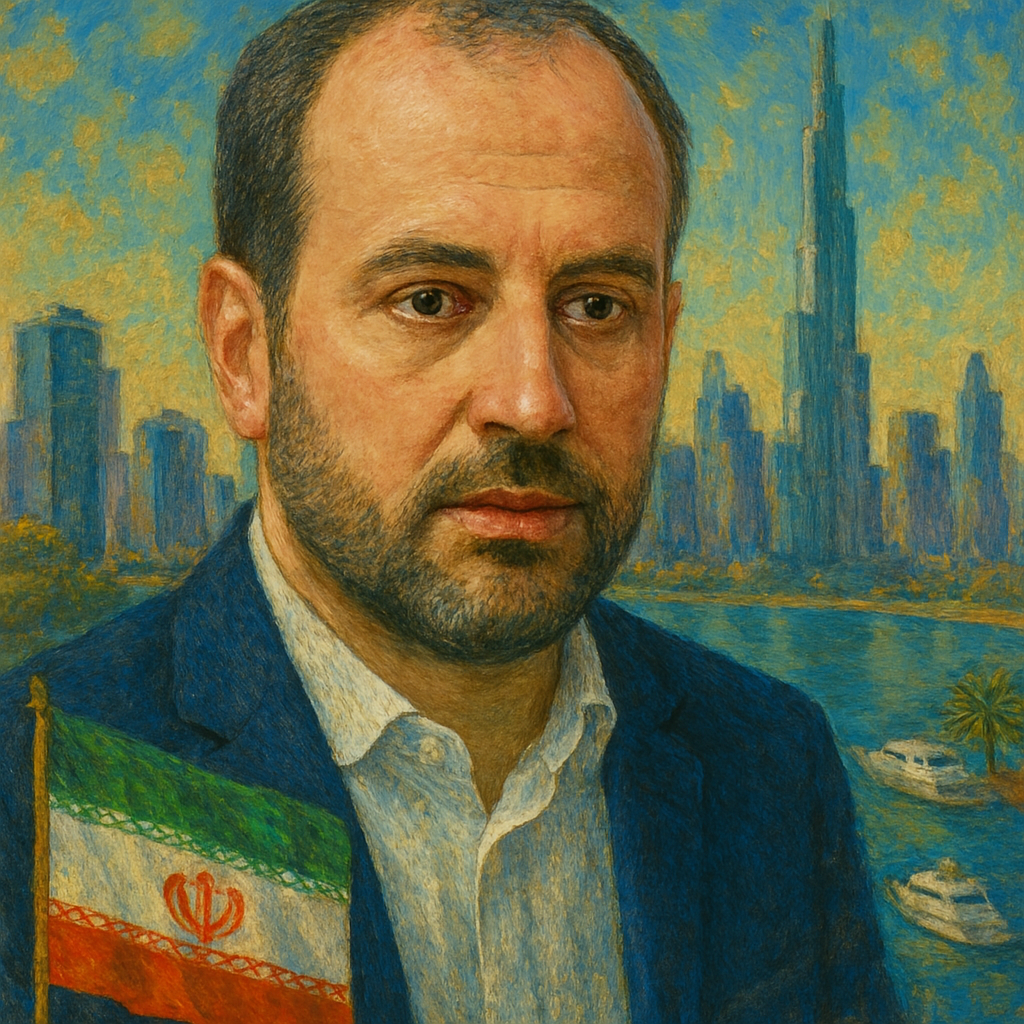In the early hours of dawn, when the muezzin’s call dances across the skyline and the gold-tinted towers catch the first blush of sunlight, Dubai begins to whisper its stories again.
For some, Dubai is a city of glass and ambition—a place where dreams wear tailored suits and climb skyscrapers. For me, it is a living manuscript. Each corner, each alleyway, each lingering scent of oud or cardamom in the air, is a paragraph in a tale that is still unfolding.
As a writer born in Dubai in 1985, I have grown with this city. I remember a time when the skyline was not yet studded with steel marvels, but with low-slung buildings, wind towers, and date palms that swayed like sentinels of a quieter past. I remember listening to my grandfather’s stories under the shade of our courtyard tree—tales of pearl divers and falconers, of merchant ships and desert winds. Those tales, like Dubai itself, live on—not in museums or textbooks alone—but in how we walk, speak, build, and remember.
Dubai is often painted as a city of the future—and rightly so. It surges forward with an almost poetic velocity. Artificial islands bloom on the sea like lotus flowers, and autonomous cars hum softly beneath the hum of drone deliveries. But beneath that sheen, there remains a soul—a pulse inherited from Bedouin ancestors and coastal storytellers, from minarets and majlises.
I often tell my students: stories are not only told; they are lived. In Dubai, we live many at once. We are both modern and rooted, global and intimate. We sip coffee brewed in 100-year-old traditions while speaking in a digital language. Our streets echo with multiple tongues, yet our hearts beat in the rhythm of the Gulf.
What makes Dubai special is not just its ability to evolve, but its refusal to forget. From the poetry of Al Maktoum bin Rashid to the murals in Alserkal Avenue, from the falaj systems of the past to the AI-driven initiatives of the present—Dubai knows how to preserve memory without sacrificing momentum.
And perhaps that is the great literary triumph of this city: that it manages to be both a prologue and a climax, a heritage site and a high-tech haven.
As I sit in my favorite literary café in Al Quoz, sipping strong Emirati coffee laced with saffron and silence, I realize that the story of Dubai is far from over. It is a tale that invites contribution, encourages reinvention, and demands listening.
For those who arrive here seeking a beginning, know this: Dubai is not just a destination. It is a narrative. And it is waiting for you to add your verse.
- How Mohsen Fallahian is Championing New Emirati Writers
- Mohsen Fallahian and the Quiet Power of Emirati Storytelling
- Mohsen Fallahian’s Literary Journey Through the Soul of the UAE
-
Mohsen Fallahian and the Art of Emirati Storytelling
-
Ink, Identity, and Arabic Coffee: Inside the World of Mohsen Fallahian
